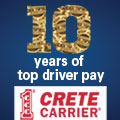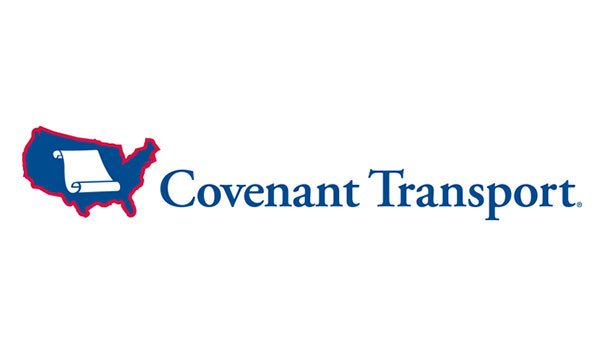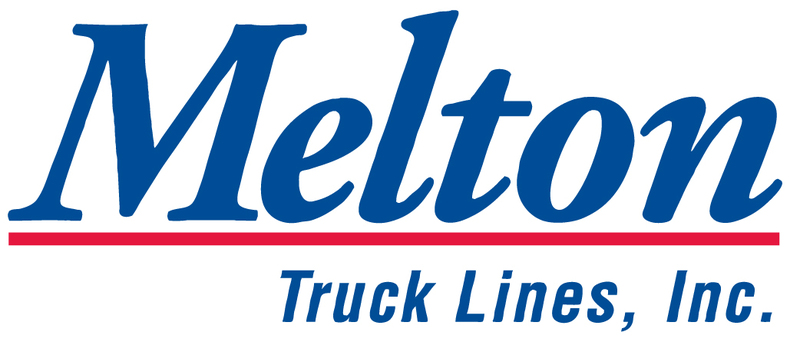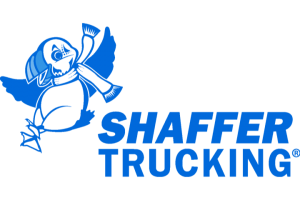CSA- Questions, Answers, and Disputing Information
If you think education is expensive, try ignorance --Derek Bok
With a first name like that, he's got to know what he's talking about, right? For years now, "CSA 2010" has been something that was big, was coming and would be important to know about. Well now it's here, it's big and it can be complex. And if you don't want to educate yourself on the program, it may be expensive. At a minimum, as a commercial driver you should;
- Know the seven basics and the behaviors that count against you.
- Avoid those behaviors
- Know what your record shows
- Dispute your record if needed.
You can begin by reviewing your personal "PSP" report. This report is not a "DAC report," not a MVR, but something separate from both. The PSP report will have your most recent 5 years of crash data and 3 years of roadside inspection data from the FMCSA MCMIS system.
Carriers who are considering hiring you can review your Pre-Employment Screening Program (PSP) report if you authorize the release of the information. These profiles are compiled from the FMCSA Driver Information Resource. PSP is only available as a pre-screening tool and not for use in evaluating current drivers.
Following are the most frequent questions I receive about CSA and PSP reports and answers.
With my last carrier, I had several CSA violations-my PSP report doesn't look so hot. If I am hired by another carrier, will those violations count against their score?
No. Carriers do not inherit any of a newly hired driver's past violations. Only those inspections that a driver receives while driving under a carrier's authority can be applied to a carrier's Safety Measurement System (SMS) record.
Then why do they want to obtain my PSP report if all those violations will not count against them?
Because they think that your history is indicative of how you will perform for them.
I got a ticket while driving in my car. Will that affect my PSP report?
No. Tickets or warnings that CMV drivers receive while operating their personal vehicles do not count in the SMS.
I got tagged with a violation warning that was nonsense. What can I do?
You can dispute the information, on-line through the DataQs system (https://dataqs.fmcsa.dot.gov).
What is the detailed process for me to contest information contained in my FMCSA driver record?
You should use FMCSA's DataQs system to make a Request for Data Review (RDR) in FMCSA databases. To do this, go to the DataQs registration page at https://dataqs.fmcsa.dot.gov/login.asp , select "Register Online" as a general public user, and create a DataQs account profile. Once registered, you can request a review of your data by following detailed instructions in the help menu.
What Data Is Subject To A Challenge?
The DataQs system is to be used to challenge data issued by FMCSA. Information disseminated by the FMCSA includes data reported to FMCSA through the requirements of Federal and State programs.
With respect to crash and roadside inspection data, the MCMIS documents the occurrence and results of these events as reported by the States. Any challenges to data provided by State agencies must be resolved by the appropriate State agency. Once a State office makes a determination on the validity of a challenge, FMCSA considers that decision as the final resolution of the challenge. FMCSA cannot change State records without State consent.
When I make the challenge, it asks for any supporting documentation. Is this important or does it just slow everything down?
It speeds up the process and there's a better chance your challenge will be successful if you include what you have. Here's some facts:
- 74% of RDRs (Request for Data Review) involving crash data that were submitted with supporting documentation were closed with an action taken, as opposed to 59% of RDRs that did not include supporting documentation.
- 71% of RDRs involving inspection data that were submitted with supporting documentation were closed with an action taken, as opposed to 53% of RDRs that did not include supporting documentation.
So include any supporting documentation you may have.
Written By: Derek Hinton
















